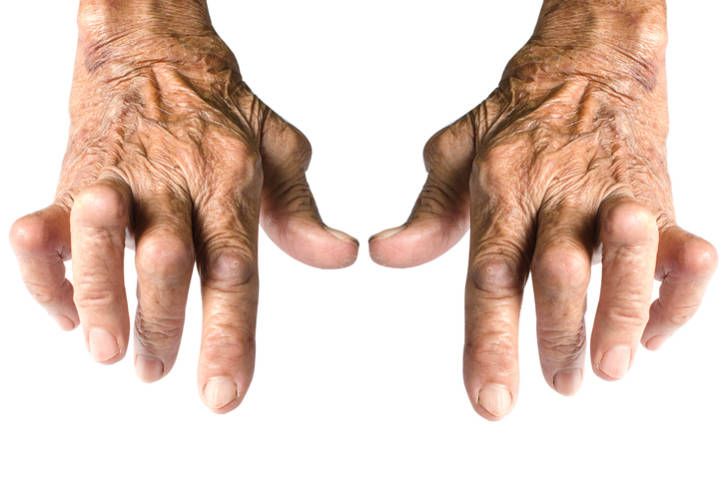 While eating the right foods can certainly transform your body, making poor food choices can wreak havoc on your body, in more ways than one.
While eating the right foods can certainly transform your body, making poor food choices can wreak havoc on your body, in more ways than one.
For instance, take your joints. When they stiffen and swell, the pain can make anything from taking a stroll to simple daily chores miserable. While there’s no sure way to rid yourself of joint pain forever, if you’re one of the 1 in 5 American adults to suffer from arthritis, paying close attention to your diet may bring great relief (or pain flare-ups).
Here are foods that can increase inflammation (Number 7 is a shocker):
1. Tomatoes
In most cases, tomatoes are considered an anti-inflammatory food, but they can be bad news for those who suffer from gout. Per researchers at the University of Otago, among 2,051 people who have the specific form of arthritis, 20 percent reported that tomatoes are a trigger. Of the data analyzed from another 12,720 people who did not have gout, study leaders found that eating tomatoes increased the levels of uric acid found in their blood – a major underlying cause of gout.
2. Potato Chips
Research by the Mount Sinai School of Medicine showed that “cutting back on the consumption of fried and processed foods, such as potato chips, can reduce inflammation and actually help restore the body’s natural defenses.”
No foods are truly off-limits, but trans fats (also called partially hydrogenated oils), found a lot in our favorite salty snacks are fats that are chemically altered to remain solid at room temperature. They raise inflammation and increase risk for heart disease, so steer clear of them as much as possible. This includes margarine and shortening, processed snacks, fried foods, and store-bought baked goods.
3. Soda
It’s not just bad for your waistline. Not only do sugary drinks like diet soda put you at risk for diabetes and heart disease, but sugar consumption can trigger the release of inflammatory “messengers” called cytokines, the American Journal of Clinical Nutrition says.
After analyzing data from two large studies spanning 30 years, researchers discovered a link between soda pop consumption and arthritis risk. In fact, women who drank one pop or more daily, had a 63 percent increased risk of developing arthritis than those who shied away from the bubbling beverage.
4. Alcoholic Drinks (More Than Two)
According to a 2019 review published in Molecules, a glass of wine contains compounds that can








